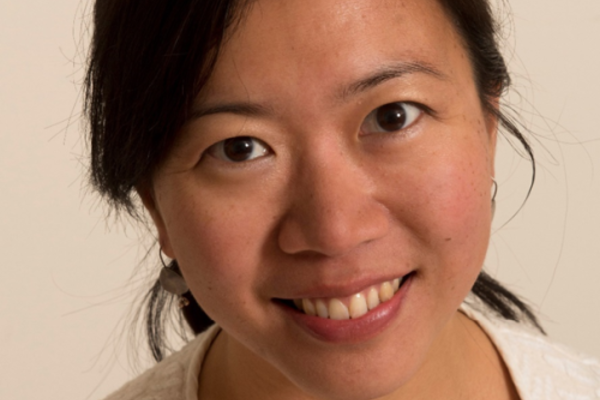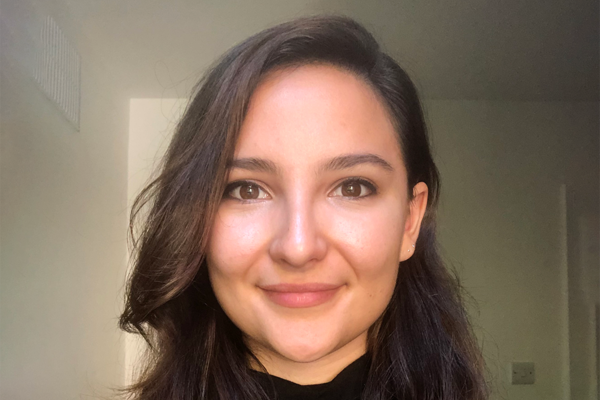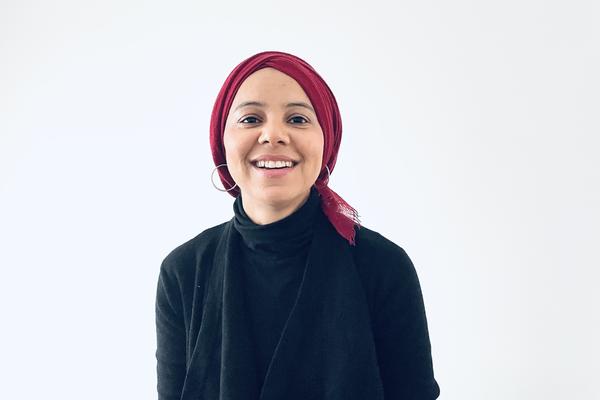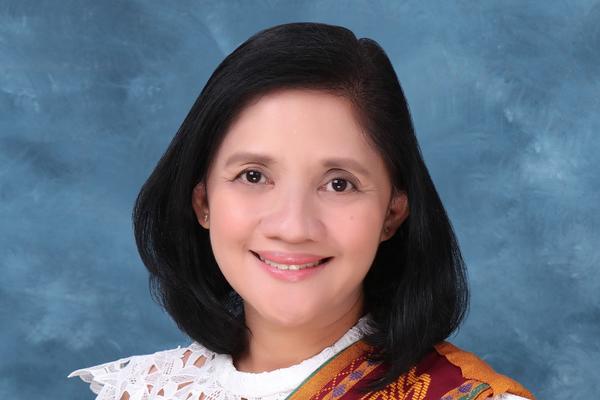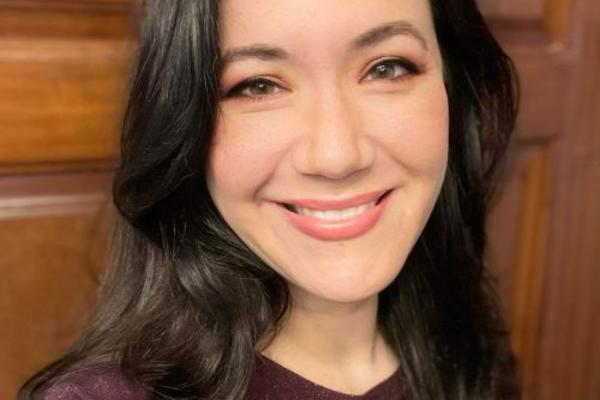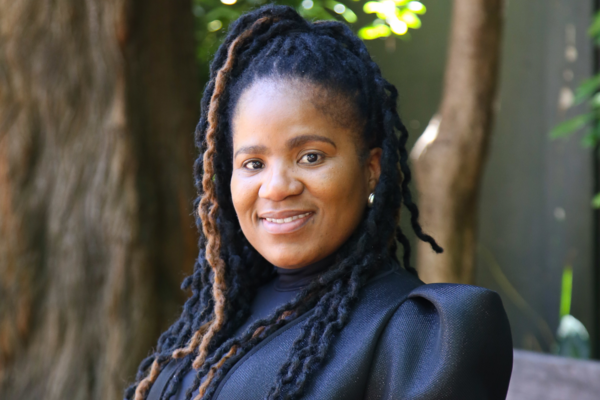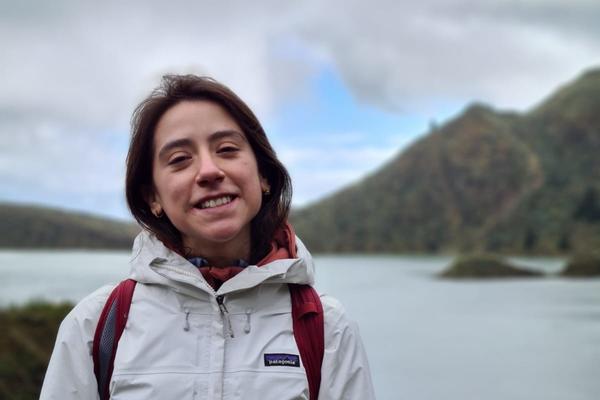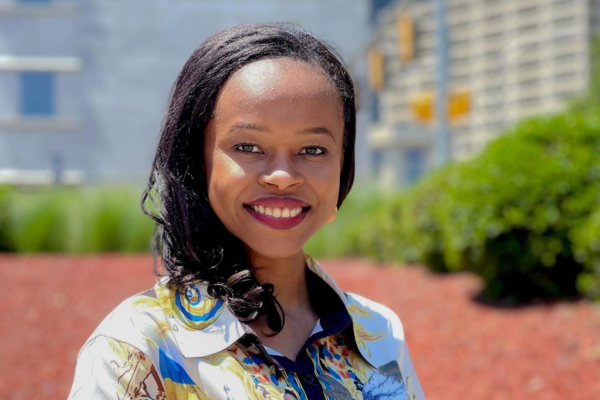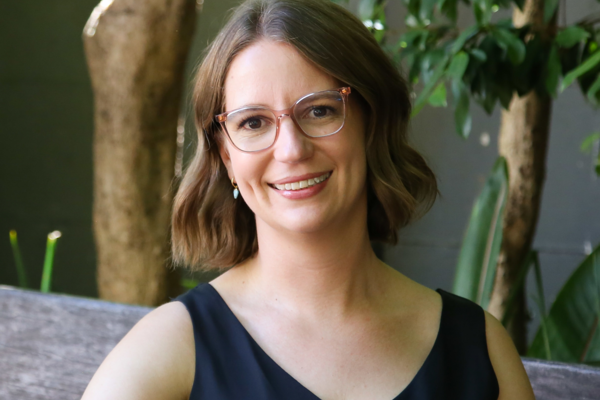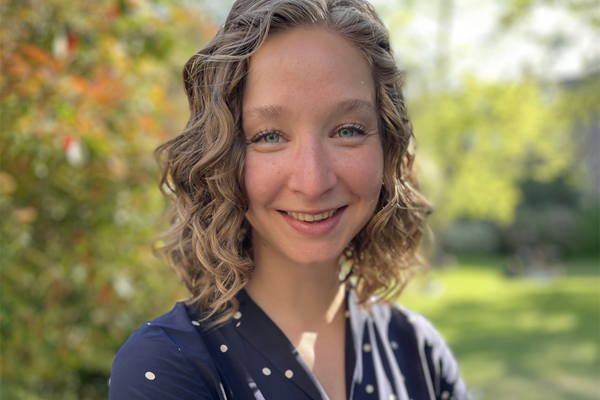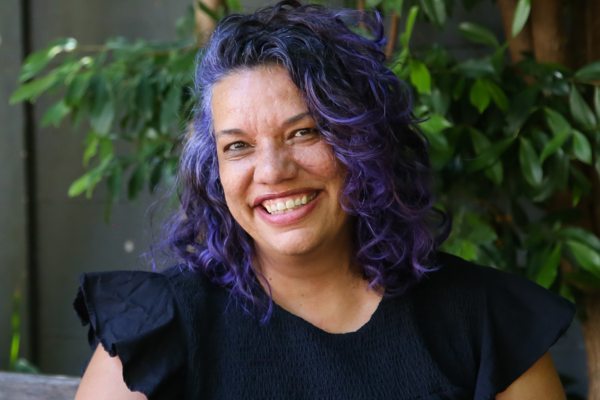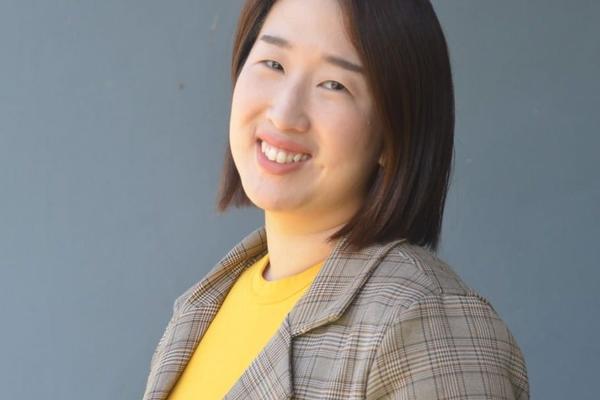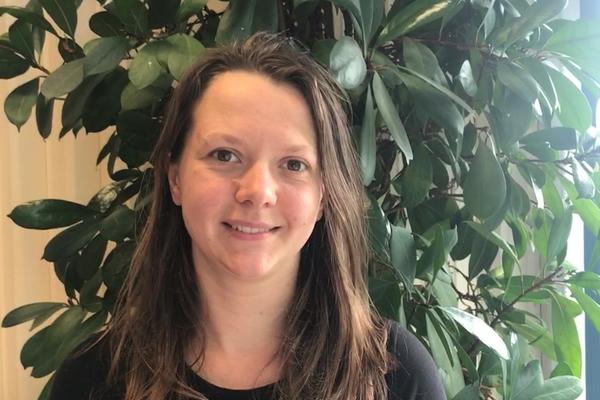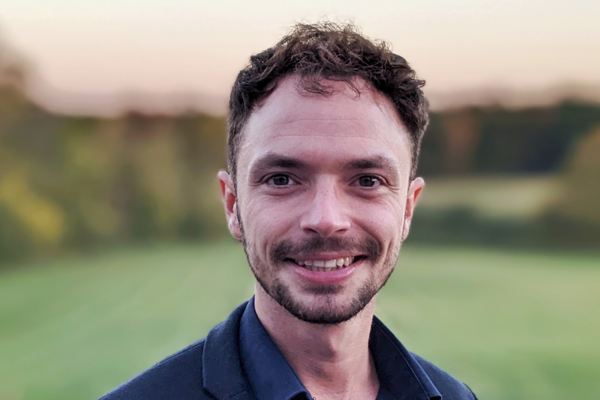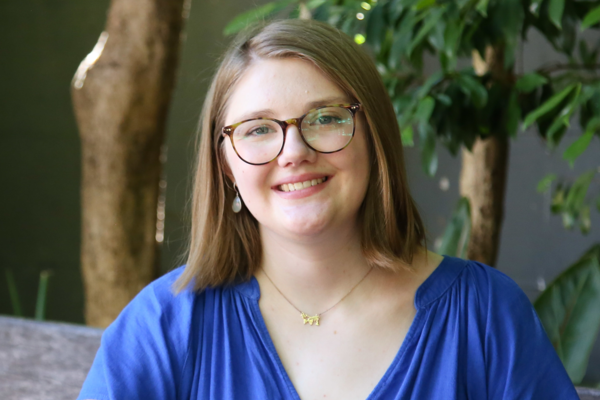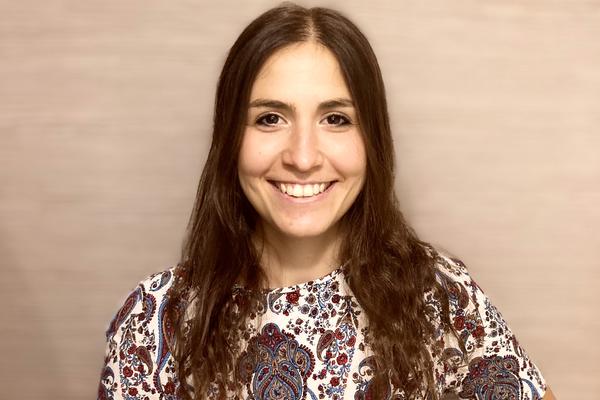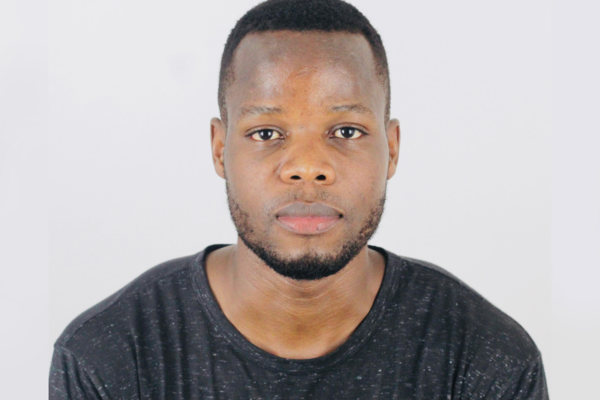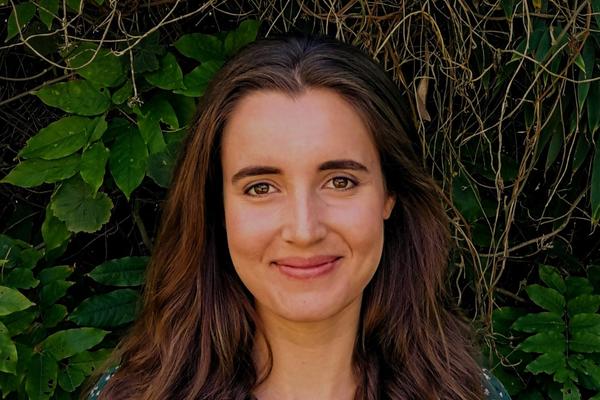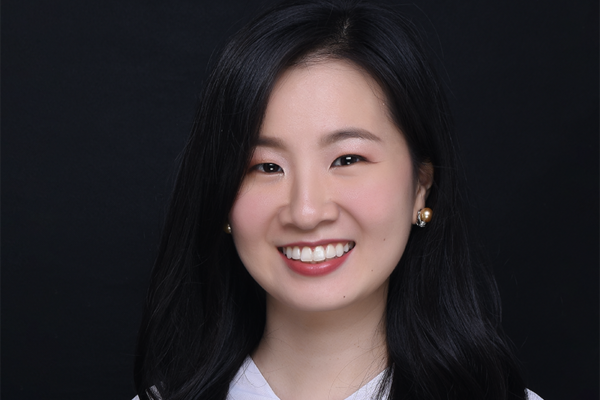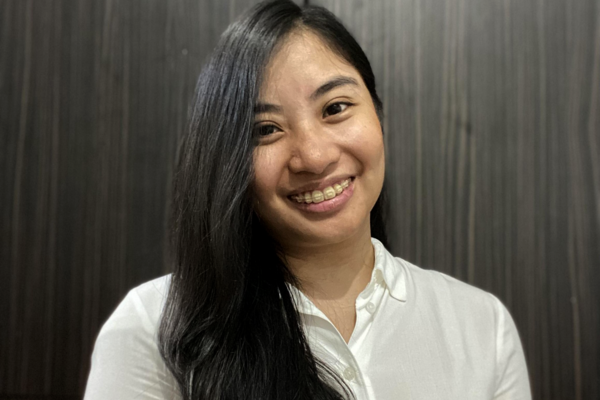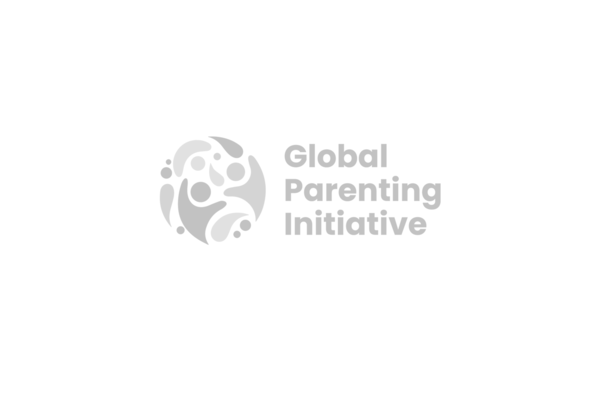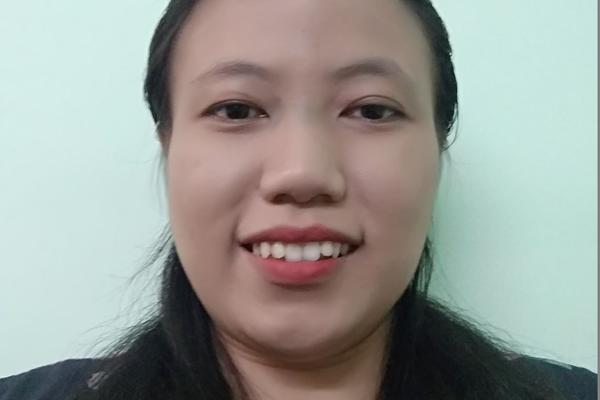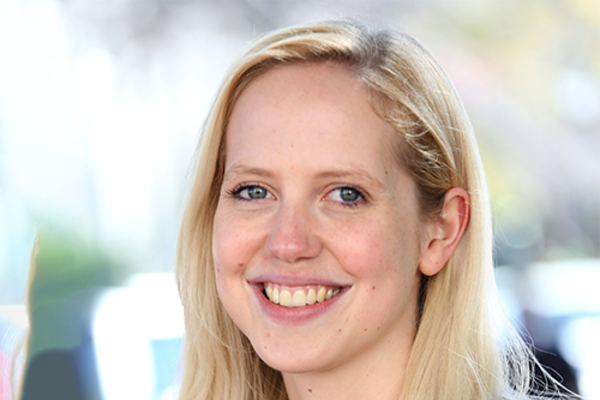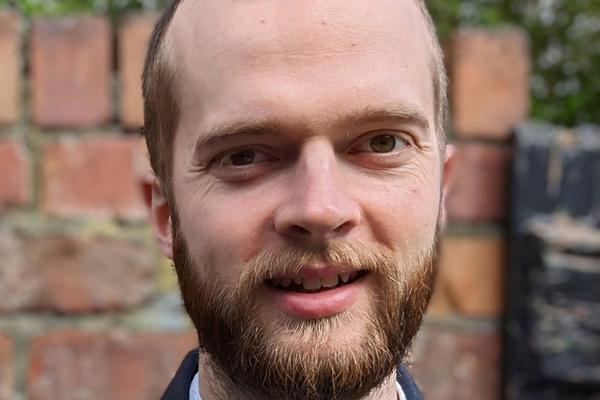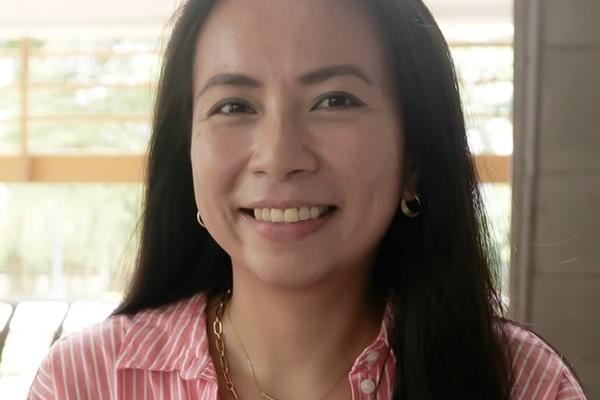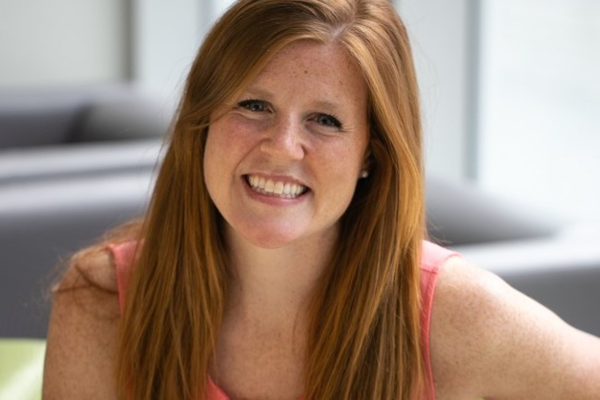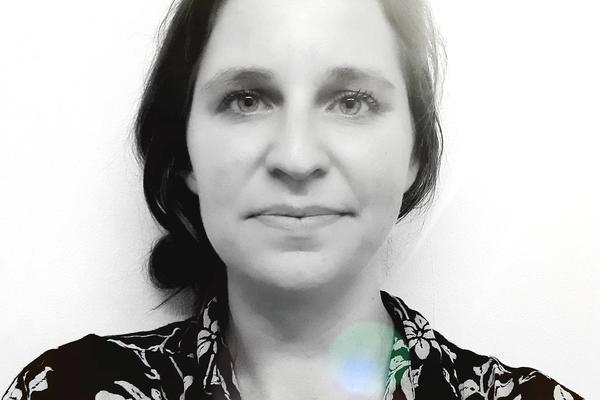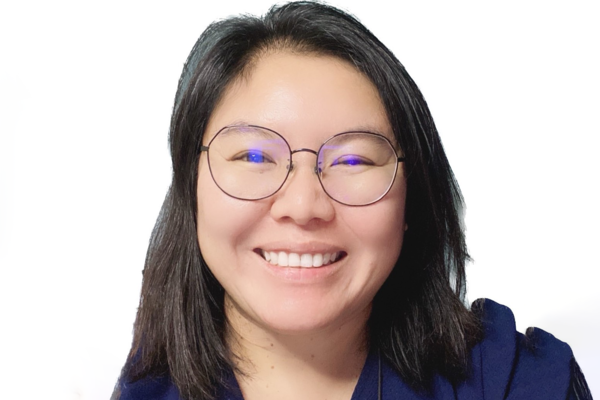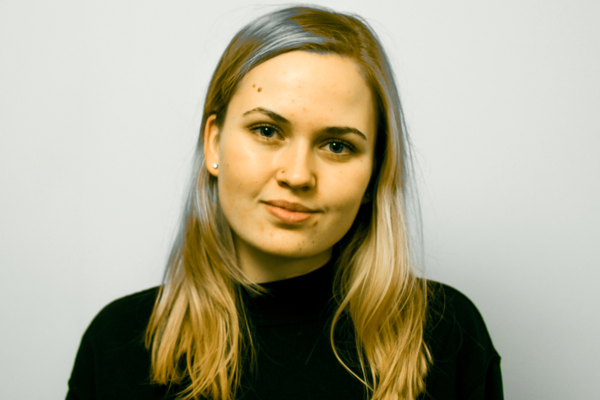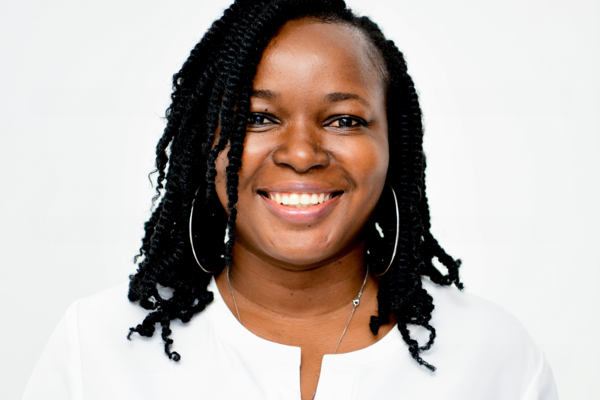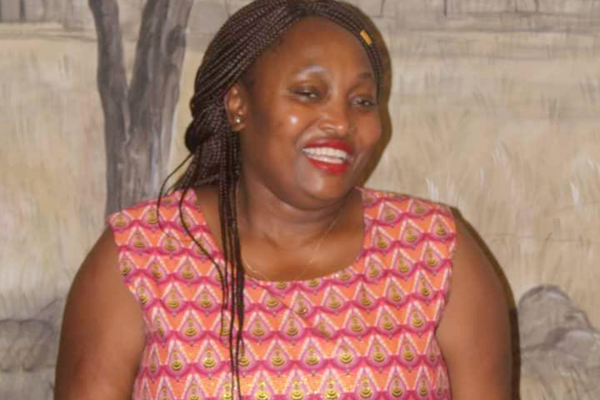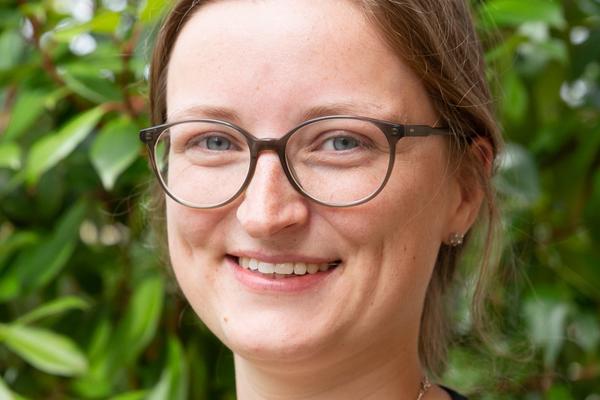Capacity Sharing
Facilitate
While there is currently limited capacity for the development and evaluation of parenting interventions in the Global South, the GPI with its breadth of research studies and advocacy in the region brings an unprecedented opportunity to nurture a current and next generation of local leadership through our strategy of capacity sharing.
Capacity sharing is crucial for the development, evaluation and sustainability of parenting interventions in the Global South. The GPI, with our focus on research and implementation in this region, has an unprecedented opportunity to nurture a current and next generation of local leadership in the Parenting sphere, thereby shifting expertise, leadership, and power from the Global North to the Global South.
Institutional Capacity Sharing
Building capacity within institutions in the South themselves, so that there are centres of excellence in playful parenting research and implementation.
Ultimately, if we are to achieve the successful scale-up and sustainability of playful parenting programmes, we need to use existing systems of delivery to make the programmes widely available. To ensure both sustainability and quality of delivery, the GPI will focus on building institutional capacity at the local level in training, monitoring and evaluation, organisational management, and advocacy and communications. To do this, we will establish a mentorship system for PLH implementing partners and facilitate a series of learning exchanges that bring together key stakeholders. As such, we strive not only to strengthen the capacity of our specific programmes but to build a global network of strong local institutions.
Clowns Without Borders South Africa and Tal y Foel Training are currently leading this effort, with the aim to transfer responsibility for training and systems building to country partners.
Future Leaders Programme
GPI brings together a diverse group of incredibly talented early career professionals from around the world. The Future Leaders Programme provides valuable opportunities for training and shared learning, mentorship, and networking with the ultimate vision of developing a thriving global community of next-generation research and implementation leaders equipped with the skills to provide evidence-based and cutting-edge parenting support to all parents, everywhere.
Meet Our Future Leaders
Dr Amanda Sim
Kaathima Ebrahim
Dr Bernice Vania Mamauag
Judith Valdes
Marguerite Marlow
Marika Melgar
Dr Samantha Erika Mendez
Irene Uwerikowe
Research Hubs
Facilitating discussions and shared learning between researchers around the 6 bricks within and across regions.
The GPI aims to create a culture and network of shared learning and inquiry across all partners and researchers: supporting the development of expertise in scientific methods for parenting research, in implementation science, in interpreting and reporting data, in publishing findings and in using research for advocacy and to improve effective parenting programmes.
How will we achieve this?
Online research sharing hubs linking researchers around the globe and serving as an open repository of scientific materials relating to our work. This includes aligning our work with the principles of Open Science to make research outputs easily available to policymakers and practitioners.
Regional Playful Parenting Research Hubs in Southeast Asia and Africa. These hubs will be focal points for coordinating capacity sharing activities across each region, including providing early-career leaders from the Global South opportunities to lead, learn and share across the 6 GPI themes. This will be integral for sustainability, supporting local partners to become leaders in the development of - and research on - programmes in their countries and regions. The Regional Playful Parenting Research Hubs will also act as a platform for building capacity for advocacy amongst local research and implementation partners in the Global South to work with their national governments – advocating for and supporting the delivery of playful parenting programmes at scale, tying into our Institutional Capacity Sharing work.



